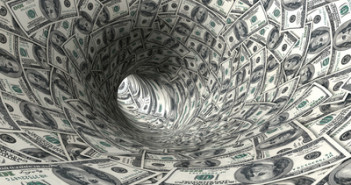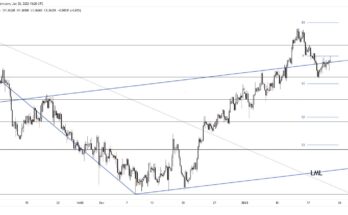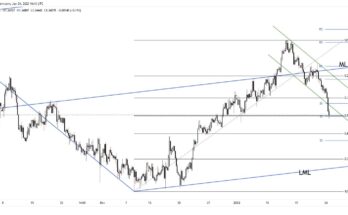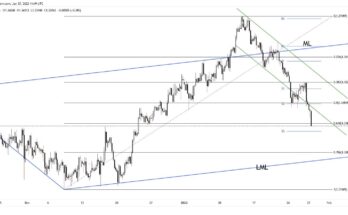The Swiss franc soared as much as 30% on Thursday after the Swiss National Bank abolished the cap on the currency’s value against the Euro. The SNB said the cap, introduced in September 2011, was no longer justified. It also cut a key interest rate from -0.25% to -0.75%, raising the amount investors pay to hold Swiss deposits.
The Swiss currency surged as high as much as 30% against the common currency before paring some gains to trade around 15 percent higher as the week draws to a close. The sharp moves in financial markets shattered any hopes investors had that recent volatility might ease. All Swiss government bill rates and bond yields out to nine- year maturities traded below zero after the central bank scrapped the exchange rate cap and lowered interest rates. German 10-year yields reversed an earlier rise to hit new lows, while French and Belgian bonds underperformed their euro zone peers as the two countries were considered the main targets for Swiss central bank investment in the Eurozone.
Previously in the week the hot topic had come from the UK, where the Inflation rate had fallen to equal its lowest recorded level, which came in May 2009. The fall to +0.5% follows on from November’s number of +1.0%, and is some way from the target rate of 2%. Contributing factors to the fall came from the recent drop in fuel prices as well as declining gas and electricity prices. With inflation currently at these levels the prospect of lower interest rates in the UK persisting through 2015 and into 2016 is a greater. A fact acknowledged by Mark Carney during testimony to elected officials this week.
It was a volatile week for Sterling. It appreciated against the Euro as Swiss Franc cross trading crippled to common currency and sent the pair to its highest level since March 2008. Against the USD however Sterling remained under pressure due to the inflation data. This saw the pair grind lower towards 18-month lows at 1.50.
Looking ahead to next week, there are a couple of events on the economic calendar to be aware of, the most highly anticipated being Thursday’s European Central Bank (ECB) monetary policy announcement. Following last week’s Flash CPI reading of -0.2%, there has been growing speculation that ECB President Mario Draghi will announce outright Quantative Easing (QE) on January 22nd. Meaning that in a bid to pump up liquidity in capital markets and stimulate economic turnover the ECB will purchase government bonds on the open market.
Previously Draghi has suggested that the ECB is prepared to expand its balance sheet back to 2012 levels; during which time the ECB was defending the stability of the common currency amidst the periphery nation debt crisis. Currently the ECB’s balance sheet sits at approximately €2.2tn versus a 2012 value of nearly €3.2tn. This implies that the ECB could be prepared to engage in approximately €1.0tn worth of easing. Traditionally the simple microeconomic (supply & demand) assumption is that the additional supply of currency could see the Euro come under broad and sustained pressure. However markets have spent the last couple of months pricing this expectation in. So in fact, even if QE is announced, should the volume confirmed be less than expected, there is a risk that the Euro could pop higher. Either way, given all of the anticipation, January 22nd and the days leading up to it, are likely to see significantly elevated rate volatility.
The other event on the data calendar that markets will be keeping one eye on is the BoE minutes on Wednesday the 21st. In particular, attention will be on the interest rate hike vote results. Recently the outcome has shown a 7-2 majority favoring no change in rates, with 2 members of the Monetary Policy Committee calling for a 0.25% rate hike. In light of this week’s disappointing headline CPI number it will be interesting to see if the one or both of the more hawkish members rejoin the majority. Should that be the case, it could weigh on Sterling values as it indicates a greater period of time before any possible rate hike might occur.
In our latest podcast we analyze the SNBomb, do an ECB Preview, discuss US wages, dive into Saudi costs and the look at the Aussie
Subscribe to our iTunes page



